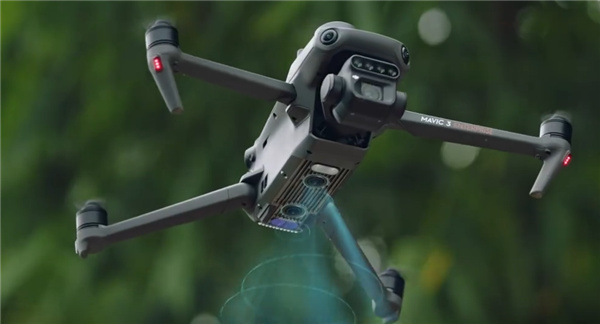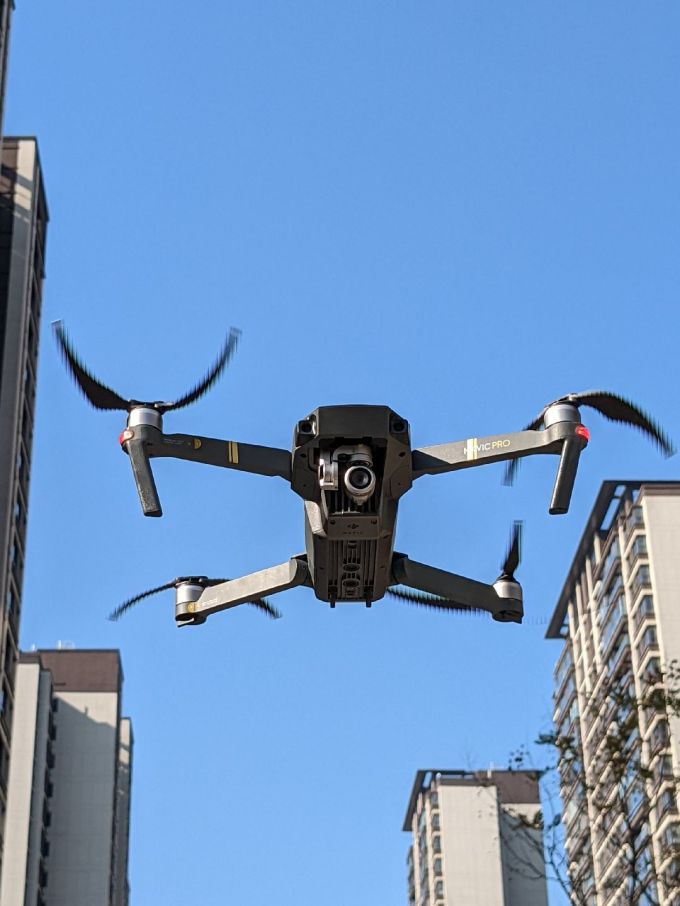The FAA Drone Zone is a pivotal resource for drone enthusiasts, professionals, and businesses aiming to stay compliant with U.S. government regulations. This comprehensive guide walks you through the importance of the FAA Drone Zone, its key features, and indispensable safety tips to ensure smooth flight operations. Drones, technically referred to as Unmanned Aircraft Systems (UAS), have revolutionized various industries, from aerial photography to agriculture, and understanding how to legally operate these devices is crucial.
Understanding What the FAA Drone Zone Offers
For every drone operator in the United States, the Federal Aviation Administration (FAA) provides the FAA Drone Zone, an official portal to manage drone-related registrations and applications. By visiting this centralized online tool, users can register their drones, apply for waivers and authorizations, and access critical updates and resources related to drone operations. Whether you are a recreational flyer, a commercial drone operator, or conducting public safety missions, this platform ensures you adhere to FAA’s rigorous standards.
Key Features of the FAA Drone Zone Platform
- Drone Registration: Every drone weighing more than 0.55 pounds (250 grams) must be registered via the FAA Drone Zone. This mandate applies whether the device is used recreationally or for business purposes.
- Waivers and Authorizations: The platform is your go-to source to apply for waivers to operate outside of standard restrictions, such as flying at night or in controlled airspaces.
- Guidance and Updates: Stay abreast of new rules, operational safety guidelines, and FAA advisories, ensuring your compliance at all times.
Diving into these features ensures you maximize your drone’s potential while staying compliant. Neglecting these key aspects can lead to legal consequences or hefty fines. The FAA Drone Zone represents a blend of education, regulation, and community for every drone enthusiast.
Regulations Every Drone Operator Should Know
Compliance isn’t optional; it’s the bedrock of drone safety. Below are pivotal regulations as mandated by the FAA:
- Weight Requirements: All drones between 0.55 lbs and 55 lbs need registration.
- Line-of-Sight Mandate: Operators must always maintain visual contact with their drones during flights.
- Flight Altitudes: Drones are restricted to flying under 400 feet in most uncategorized airspaces to avoid interfering with manned aircraft.
- No Fly Zones: Areas like airports, military bases, and national parks require proper authorization through the FAA Drone Zone before flight operations.
Additionally, if commercial operations are your goal, obtaining a Part 107 certification and adhering to industry standards is indispensable.
Why Safety is Paramount
Safety isn’t just about safeguarding the lives and property of others; it’s about protecting your investment and reputation as an operator. Even seasoned operators occasionally misuse drones unknowingly, leading to fines or accidents. By incorporating safety measures and leveraging rules provided on the FAA Drone Zone, the chances of operational failures or legal issues are minimized.
Expert Safety Tips for All Drone Enthusiasts
Safety for drone operations involves both technological and operational awareness. Adhere to these expert tips while leveraging the FAA Drone Zone:
- Pre-Flight Check: Always perform a pre-flight inspection, ensuring propellers and controls are functioning perfectly.
- Weather Awareness: Avoid flying in harsh wind or rain conditions, which may destabilize your drone.
- App Integration: Utilize apps integrated with the FAA system to plan safe and compliant flight paths.
- Stay Updated: Regularly check the FAA Drone Zone platform for any new updates, rule revisions, or critical advisories.

These tips ensure operational excellence while preserving public safety and drone equipment integrity.
Top Benefits of Registering Your Drone
When you register your drone on the FAA Drone Zone, you gain legal reassurance. Registered operators receive unique identification numbers for their drones, making it easier to recover missing equipment, identify users in case of incidents, and avoid legal fines. This registration proves both your commitment to lawful operations and your dedication to the overall drone community.
Common FAQs About the FAA Drone Zone
1. Is drone registration mandatory for hobbyist users?
Yes, if your drone weighs more than 0.55 pounds (250 grams), you are required to register it on the FAA Drone Zone, even for recreational use.
2. Can I fly my drone in controlled airspace without authorization?
No, you must apply for specific authorization through the FAA Drone Zone to operate in controlled airspace near places like airports.
3. Do registration fees apply to all drones?
Yes, a nominal fee is required for drone registration, valid for three years at a time.
